The hackers who compromised the Linux Mint site on Saturday were evidently not the brightest stars in the dark web, but they managed to create a mess for the Mint crew to clear away.
Everybody understands that none of a stage magician’s tricks are real. The one thing that is real, and which a successful illusionist must practice to perfection, is the art of misdirection — which evidently turned out the be the trick under the sleeves of the cracker/hackers who were responsible for compromising ISO downloads of Linux Mint 17.3 Cinnamon on Saturday.
In the FOSS Force news article on the hack which ran Sunday, we said “the hackers modified the ISO of the Cinnamon edition of Linux Mint 17.3 (Rosa).” We now know that’s not quite true, or at least not in the way we meant. The hackers didn’t bust into the Mint server and modify the binaries waiting to be grabbed by the mirror sites for downloads. Instead, this was a case of misdirection.
The hackers had a copy of Mint with their malicious payload in place, packaged as an ISO image and sitting on a Bulgarian server they controlled, waiting to serve downloads of what is arguably the worlds most popular version of GNU/Linux. The intrusion at Mint was a quick in-and-out to change the URLs in the anchor tags on Mint’s download page for the 64-bit Cinnamon version of Linux Mint 17.3 “Rosa.” Afterwards, users who clicked on a link to download from, say, the Internet Solutions mirror in South Africa, were taken to the hackers’ server in Bulgaria. Let the download begin. Wham, bam, thank you mam.
Christine Hall has been a journalist since 1971. In 2001, she began writing a weekly consumer computer column and started covering Linux and FOSS in 2002 after making the switch to GNU/Linux. Follow her on Twitter: @BrideOfLinux

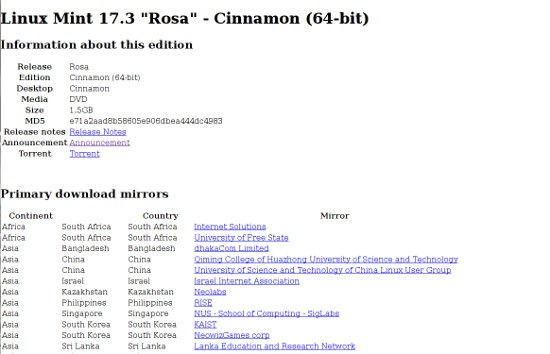
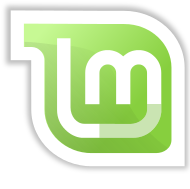

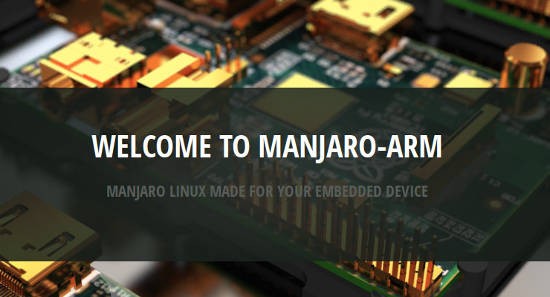
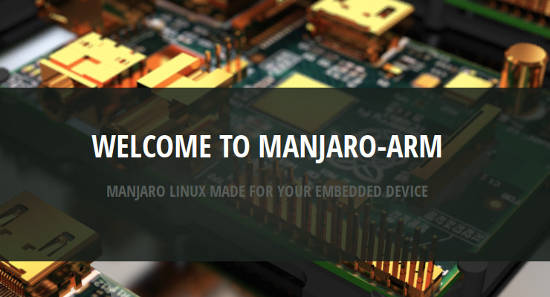
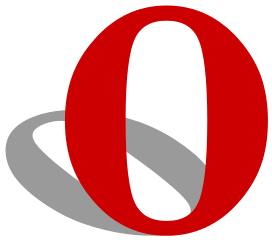
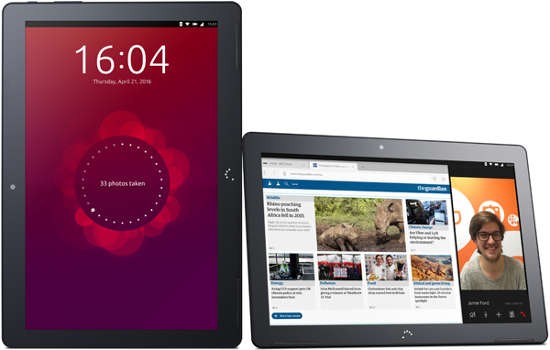


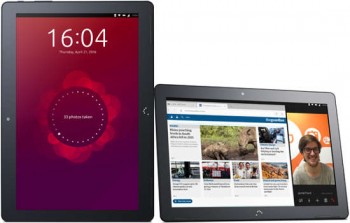 The device will be the first fully functional mobile device running Ubuntu’s mobile platform available in the U.S. Although BQ has made Ubuntu phones available to U.S. customers for some time now, they’re not compatible with U.S. carriers’ systems and offer, at best, 2G capability. The tablet is a Wi-Fi device with no cellular conductivity and so won’t be hampered in any way when used in the U.S.
The device will be the first fully functional mobile device running Ubuntu’s mobile platform available in the U.S. Although BQ has made Ubuntu phones available to U.S. customers for some time now, they’re not compatible with U.S. carriers’ systems and offer, at best, 2G capability. The tablet is a Wi-Fi device with no cellular conductivity and so won’t be hampered in any way when used in the U.S.